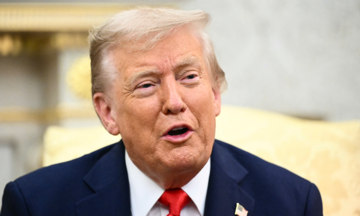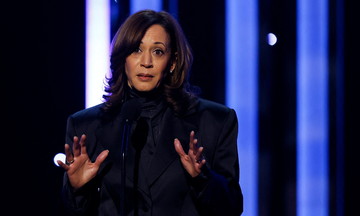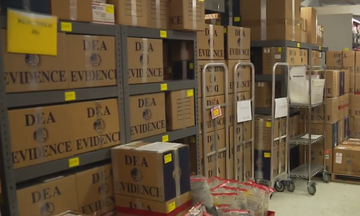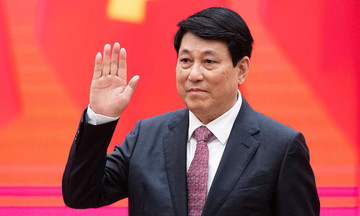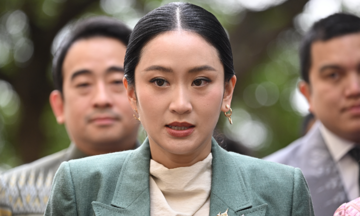For employees at the Centers for Disease Control and Prevention (CDC), challenges keep coming. The Covid-19 pandemic made the agency a frequent target of attacks from politicians and some members of the public.
The situation worsened when the CDC headquarters was subjected to a shooting on 8/8, resulting in the death of a police officer. The attacker fired a total of 180 rounds at the leading disease prevention agency.
Then, on 27/8, CDC employees were stunned by the news that the agency's new director, Susan Monarez, had been fired after less than a month on the job, followed by her refusal to leave.
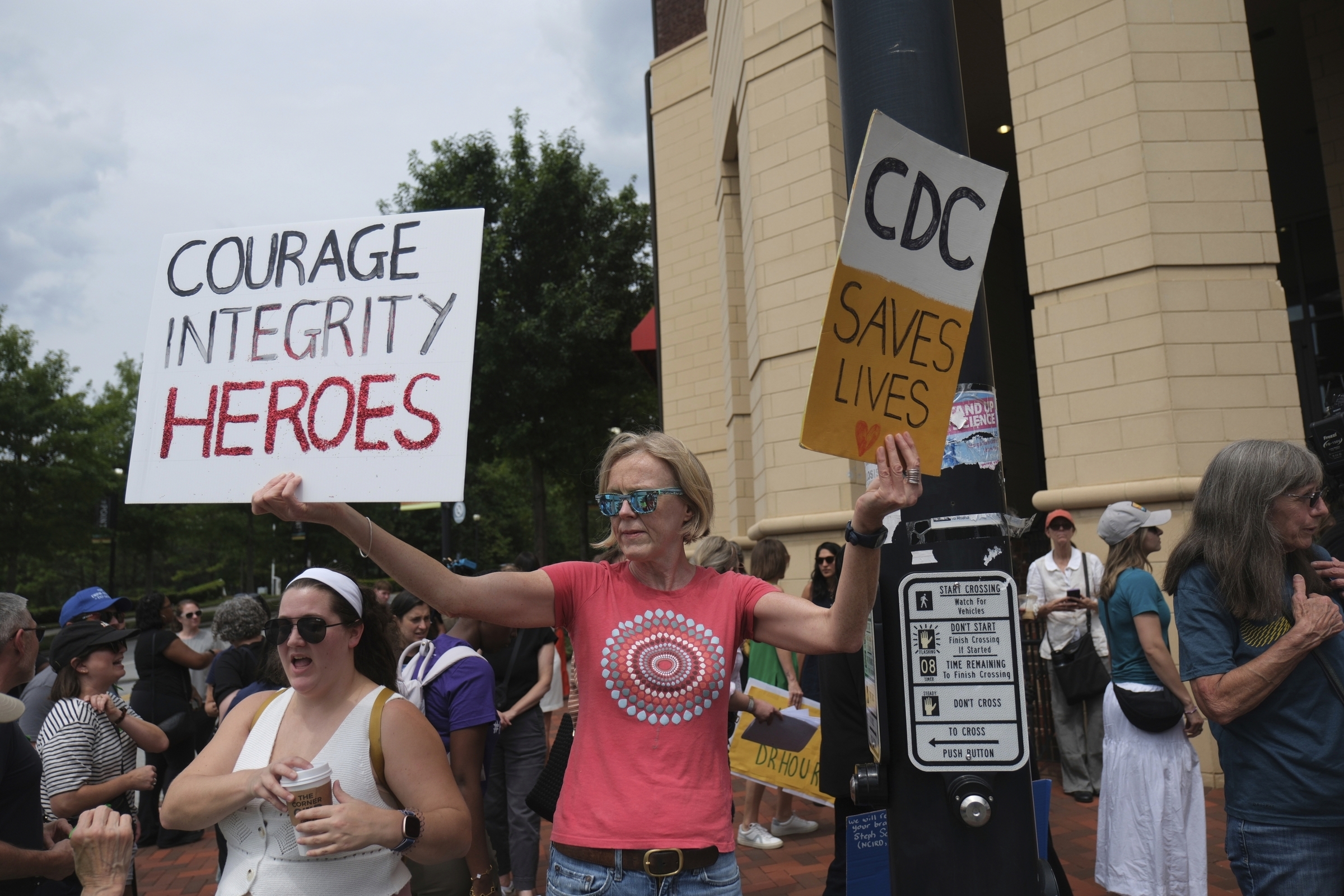 |
A crowd protests outside CDC headquarters in Atlanta on 28/8 to show support for three senior officials who resigned. Photo: AP |
A crowd protests outside CDC headquarters in Atlanta on 28/8 to show support for three senior officials who resigned. Photo: AP
"It's devastating," one employee said. "People were crying because we love and care about this agency."
US Health Secretary Robert F. Kennedy has long been critical of the CDC, accusing its scientists of being "corrupt, incompetent," and hiding what he believes is a link between vaccines and autism.
"There are a lot of problems at the CDC, and we're going to have to fire some people in the long run to change the culture of this organization," he said at a press conference on 28/8.
In interviews, more than 20 employees described a bleak atmosphere at the CDC. Some criticized Secretary Kennedy, believing he is waging a "war against science." Others expressed concern for the future of the CDC and public health. Many said they were shocked by the unfolding events.
"We're worried about ourselves and the country," one employee said.
Two CDC employees reportedly cried during a meeting at headquarters on the morning of 28/8, according to those present. At another meeting, a senior leader, usually calm under pressure, trembled with anger.
Some employee groups discussed striking, but a colleague reminded them that for civil servants, this is a serious offense that could lead to dismissal and a permanent ban from federal employment.
Many employees initially doubted whether Dr. Monarez, an infectious disease expert, could shield the CDC from pressure. After she refused to fire senior leaders and rejected what she considered unscientific vaccine policies, their opinions changed.
Employees are also anxious about rumors that up to 100 people may lose their jobs. The CDC already underwent significant staff cuts in April, losing thousands of employees. Several agency leaders were suspended. Others chose to leave due to irreconcilable differences with Secretary Kennedy's approach.
"I don't think anyone would stay at this point if they had other options," an employee said.
The latest blow came on 27/8 when three of the CDC's top officials resigned. All three were involved in vaccine policy.
"These colleagues are giants of public health. They are brave, thoughtful and dedicated to applying the best science and policy to address life-or-death issues," said Dr. Jonathan Mermin, former director of the CDC's HIV and sexually transmitted diseases center. He has been on administrative leave since April.
On the afternoon of 28/8, hundreds of CDC employees gathered outside the agency's headquarters, cheering and applauding as the three officials left. Some carried signs with the message "Save the CDC."
The three resigning officials were particularly upset about Secretary Kennedy's efforts to obstruct vaccination policy and reduce the availability of vaccines to Americans.
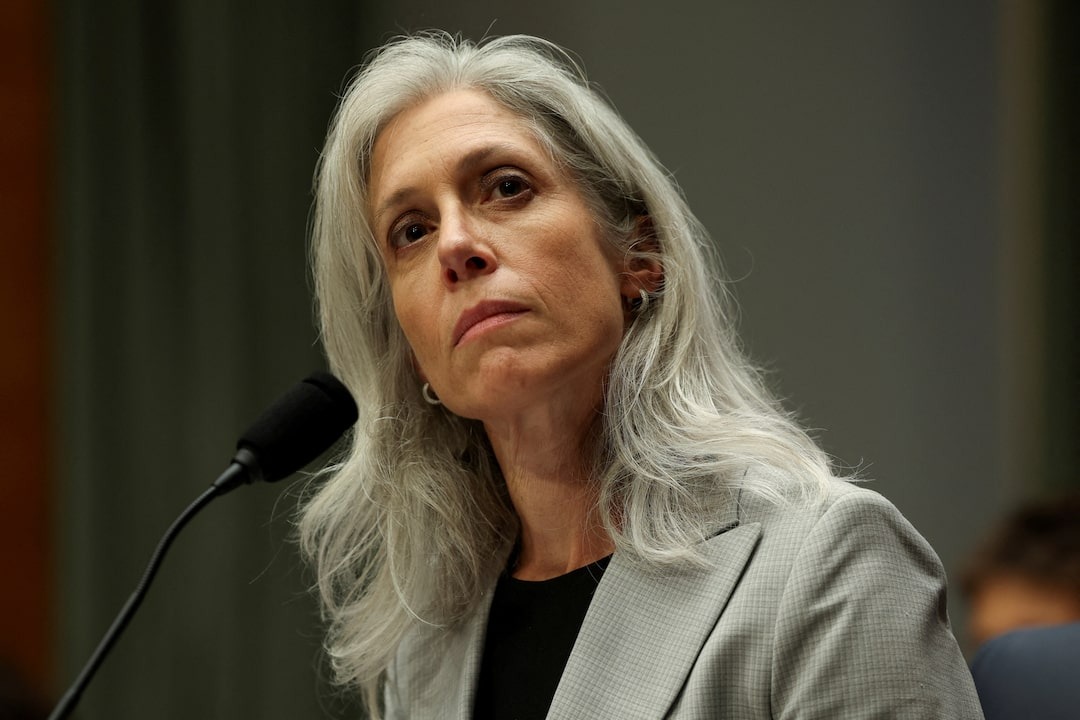 |
Susan Monarez at a congressional hearing in June. Photo: Reuters |
Susan Monarez at a congressional hearing in June. Photo: Reuters
Dr. Daniel Jernigan, head of the center for surveillance of emerging diseases and vaccine safety, said he resigned before being fired, hoping it would allow Dr. Monarez to remain director.
"If we were the problem and she had a real chance to stay, then leaving was something we were willing to do," he emphasized.
The other two resigning officials were Dr. Debra Houry, the CDC's chief medical officer, and Dr. Demetre Daskalakis, who runs the center for surveillance of respiratory diseases and makes vaccine recommendations. They expressed deep concern after new members of the CDC's vaccine advisory committee said they would review the vaccination schedule for children and adolescents in the fall.
This advisory committee could restrict children's access to some vaccines. "It was clear that all of these decisions were predetermined," Dr. Daskalakis said.
But their departures did not save Dr. Monarez's job. When nominating her in March, President Donald Trump praised Monarez as "a wonderful woman, a wonderful public servant." But when her dismissal was announced, the President remained silent.
Later that afternoon, a senior Trump administration official said Jim O'Neill, Secretary Kennedy's deputy and a former biotechnology executive, had been appointed acting director of the CDC.
Vu Hoang (According to AFP, Reuters, AP)



